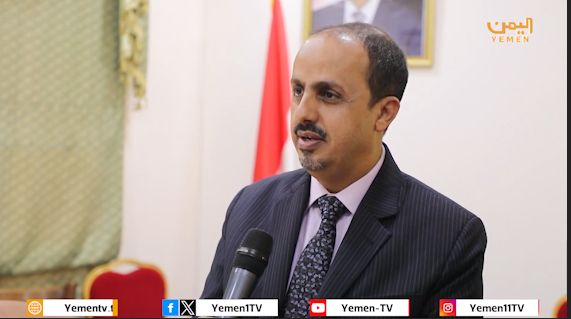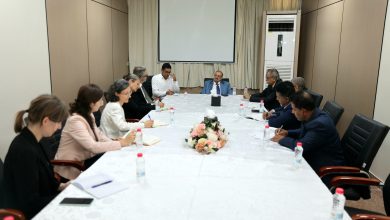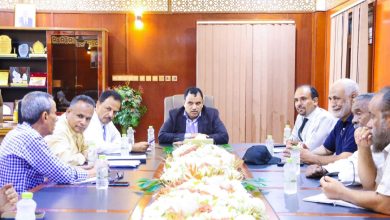The Minister of Information stated that the Houthi militia is imposing additional taxes on traders and citizens to fund its terrorist activities.
Houthi Militia Increases Illegal Taxes, Threatening Yemen's Economy

Minister of Information, Culture, and Tourism, Moammer Al-Eryani, has issued a stark warning about the Houthi militia’s escalating imposition of illegal taxes and fees on traders and citizens. He claims these actions aim to boost the militia’s revenues, which they redirect to enhance their military capabilities and fund their destabilizing activities. This strategy not only threatens regional and international security but also exacerbates the already dire economic situation in areas under Houthi control.
Tax Hikes on Essential Goods
Al-Eryani revealed in a recent press statement that since the beginning of September, the Houthi militia has doubled taxes and customs duties by 100% on essential goods such as ready-made clothing, fabrics, shoes, and bags. Reports indicate that the militia now charges 30 million Yemeni Riyals for each commercial truck, a 50% increase from 20 million Riyals in 2023, and a staggering 200% rise from 10 million Riyals in 2022. In stark contrast, similar trucks in liberated areas face a mere fee of 1 million Riyals, representing a reduction of nearly 97%.
Aggressive Tactics Against Businesses
The minister highlighted that the Houthi militia has not stopped at tax increases. They have intensified unofficial taxes on commercial companies and investors. In July, the militia closed and raided 1,161 businesses in the capital, Sana’a, while also assaulting 90 shop owners and workers. Simultaneously, they have imposed increased tax and customs fees at land crossings, hampering the movement of goods between liberated regions and areas under their control. This has forced traders to halt imports from the port of Aden and reroute their shipments through the port of Hodeidah.
Impact on the Private Sector
Al-Eryani emphasized that the private sector faces ongoing harassment and extortion from the Houthi militia. The militia has closed and confiscated hundreds of companies and factories, imposed arbitrary taxes and fines, and unlawfully seized goods at checkpoints. This relentless pressure has led to the bankruptcy of numerous businesses, the flight of national capital abroad, and the loss of hundreds of thousands of jobs. Such actions appear part of a broader scheme to dismantle the private sector and eliminate established businesses in favor of Houthi-affiliated companies and investors, aiming to monopolize the commercial sector and control the national economy.
Call for International Action
In light of these developments, Al-Eryani urged the international community, the United Nations, and its special envoy to take immediate action to halt this systematic exploitation of economic sectors. He called for pressure on the Houthi militia to cease targeting national companies and transforming them into tools for financing their terrorist activities. Furthermore, he advocated for efforts to classify the Houthi militia as a “global terrorist organization,” enhance calls to freeze their assets, and pursue their leaders in international courts. Redirecting the misappropriated revenues could help pay state employee salaries and improve living conditions for Yemenis.
This situation continues to evolve, and the international community’s response will be crucial in addressing the challenges posed by the Houthi militia and restoring stability to Yemen’s economy.
To follow the news in Arabic





